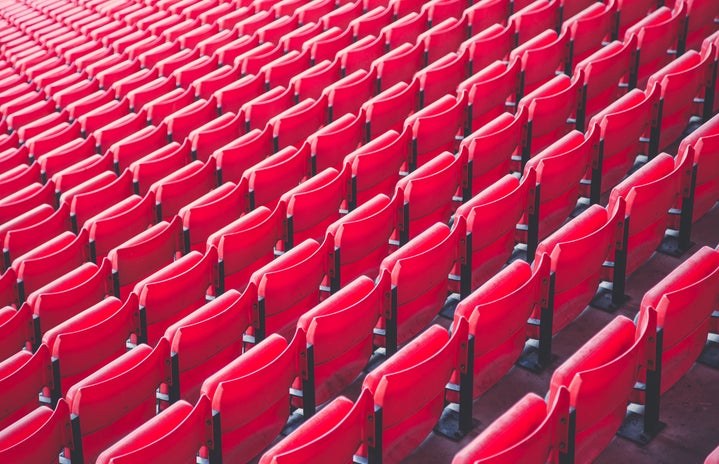Former competitive swimmer Sharron Davies sparked outrage on Twitter when she recently tweeted that transgender women should not compete in women’s sport.
Davies’ statement came from her belief that people who have transitioned from male to female have a “male sex advantage” over others in women’s sport. The tweet received a mix of backlash and support with those in agreement pointing to physical advantages that transgender women may have, while those who opposed her tweet came to the consensus that she was insensitive to transgender people and matters related to gender equality throughout her tweet.
Pride Sports, a UK based LGBT development and equality organisation, released a statement in collaboration with LEAP Sports Scotland and LGBT Sport Cymru as a response to Davies’ tweet. In the statement, they outlined the International Olympic Committee’s policy which was updated in 2015. The current policy states that transgender men may compete in the male category without restriction. Transgender women may compete in the female category provided that the athlete identifies as female, that her testosterone levels have been below ten nmol/L for at least 12 months, and that her testosterone levels remain below that level for the period that she is competing in the category.
“As you can see, trans women athletes have to comply with some rigorous qualification criteria in order to compete, and to date, as far as we are aware, not a single transgender athlete has medalled at the Olympics,” said the sports organisations in the statement.
They felt that Davies’ overlooked the complexities of traits which define a successful athlete beyond the simple characteristics of size, strength and speed. They gave examples of how efficiently an athlete can move, how well they can read the game, how well they work in a team and their mental toughness as being contributing factors to either success or defeat in sports.
Members of the LGBT+ community generally experience discrimination in the world of sports as found in the international study Out in the Fields carried out in 2015.
Three-quarters of the participants in the Irish segment of the study said that they had either been witness to or experienced homophobia in sport and that youth team sports were not welcoming or safe for people who were gay, lesbian or bisexual. Approximately four in every five people said it is unsafe to be an openly gay spectator at a sporting event.
The study was carried out internationally focusing on six English speaking countries around the world. Out of these countries, Ireland came in second place in terms of the number of participants who felt that youth sports clubs were unsafe places for LGBT+ members. However, it had the lowest number of participants who experienced homophobia in sport.
It seems that Ireland and the world as a whole has a long way to go in terms of making the sports world an inclusive and safe environment for LGBT+ members. Sharron Davies’ tweet shows that education is pivotal in encouraging this change.



